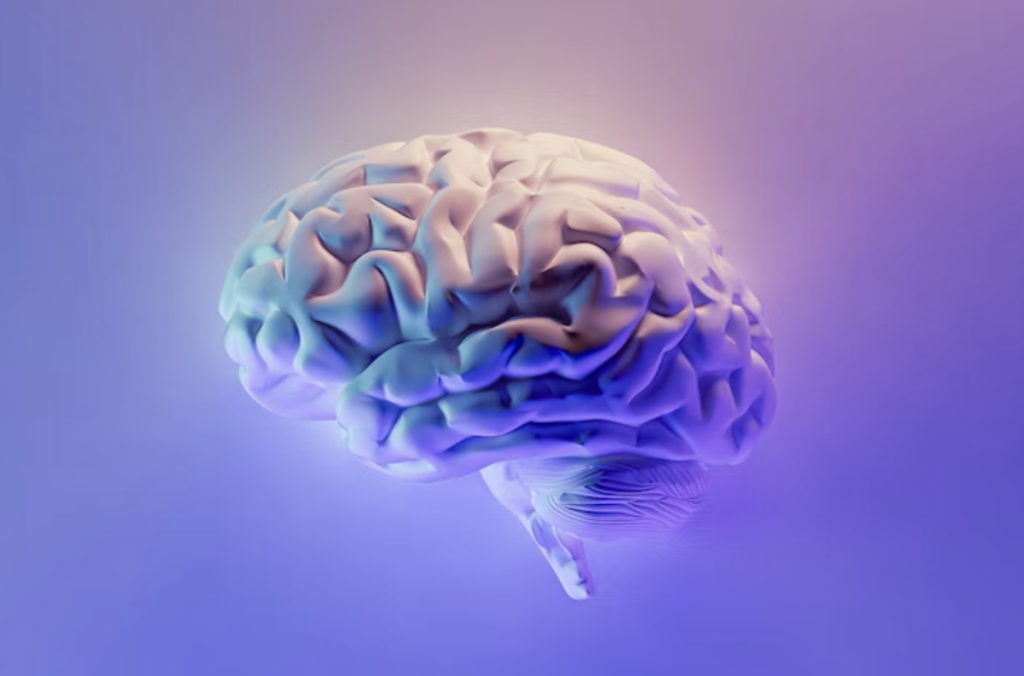Simple Ways To Enhance Your Brain Health
Experts believe that making art, playing music, and practicing other types of fine arts can help to optimize and enhance one's brain health.
This article is more than 2 years old

If your brain has been feeling a little scattered, disorganized, or foggy lately, you are not alone. Dozens of factors can contribute to feeling less mentally sharp than usual, including poor nutrition, medications, stress, and autoimmune or sleep disorders. The good news is that a growing number of researchers believe that engaging in artwork, music, dance, and other fine arts holds the key to obtaining optimal brain health.
Jon Hamilton, a correspondent for NPR’s Science Desk, focuses on neuroscience and health risks. In a recent article for NPR, he said that artistic expression has a measurable effect on brain health, in both its function and structure. These changes make the brain more fluid and adaptable, which results in a brain being more able to handle other skills, including math and science.
The NeuroArts Blueprint Initiative is on a mission to examine in-depth “how the arts and aesthetic experiences measurably change the body, brain, and behavior, and how this knowledge is translated into specific practices that advance health and wellbeing.” Launched in 2019, the initiative is building a community of artists, researchers, and other allies who understand the mind shift toward viewing art as a science-based tool that advances brain health and overall well-being. Their list of principles starts with this assertion: “Experiencing art is fundamental to being human, a common thread across cultures, racial and ethnic backgrounds, age groups, income levels, and skill sets.”
Susan Magsamen, director of the International Arts and Mind Lab at Johns Hopkins University School of Medicine, and Ivy Ross, vice president of hardware design at Google, co-wrote Your Brain on Art: How the Arts Transform Us. In the book, they say that art’s effect on brain health is most dramatic in children. “Children that are playing music, their brain structure actually changes, and their cerebral cortex actually gets larger,” said Magsamen.
The book explains how learning a new song, painting technique, or dance move changes a person’s neural circuitry in positive ways. Magsamen says humans are truly “wired for art” as these creative tasks have been part of global human cultures for tens of thousands of years. “Even just 15 minutes of dance reduces stress and anxiety,” she said, adding that creative activity causes the brain to release a flood of “feel-good” hormones like serotonin, dopamine, and endorphins.
Unfortunately, even as science now allows us to see how the arts improve brain health, schools are eliminating art programs in favor of more “academic” classes. Schools often cite budget cuts and a desire for improved standardized test scores as reasons for eliminating arts education. But because the humanities actually help build neural pathways, schools that cut them are actually harming kids’ brain health.
“We optimize for productivity and push the arts aside,” Ivy Ross said. “We thought we’d be happy. And the truth is, we’re not.” The NeuroArts Blueprint Initiative says the answer is a bold, systemic move back to an appreciation for (and integration of) the arts in our society.
The initiative’s website says that other countries have moved further and faster to improve public health via arts and aesthetic experiences. These countries include Australia, Canada, Cuba, Finland, New Zealand, Sweden, and the United Kingdom. The World Health Organization (WHO) is also doing its part by establishing an Arts & Health Program in 2019. So, give in the next time you feel the urge to paint, dance, or simply kick back and relax to your favorite music. Our achievement-driven society may consider these activities a waste of time, but science has disproved this notion. Indulging in the arts is actually one of the easiest and most important ways to improve your emotional, physical, and brain health.




